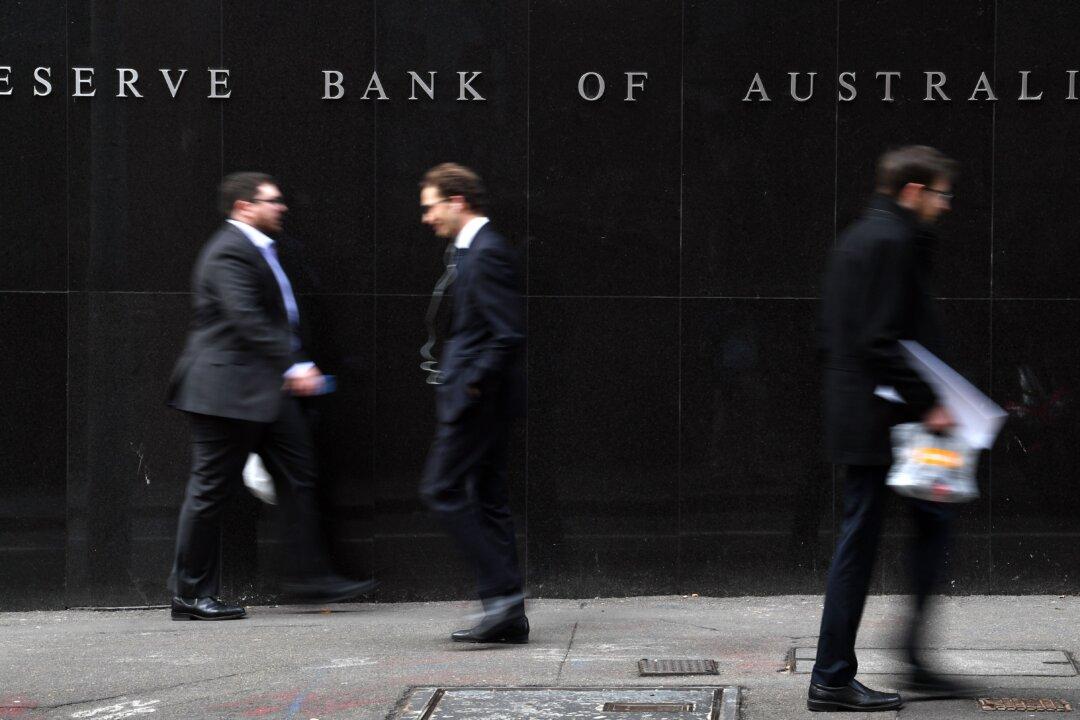Guy Debelle, deputy governor of the Reserve Bank of Australia has said that the climate is now considered a “first-order risk” to the Australian finance sector at CFA Australia Investment Conference on Oct. 14.
“Most Australian financial institutions now recognise climate as a risk,” he told the conference.





